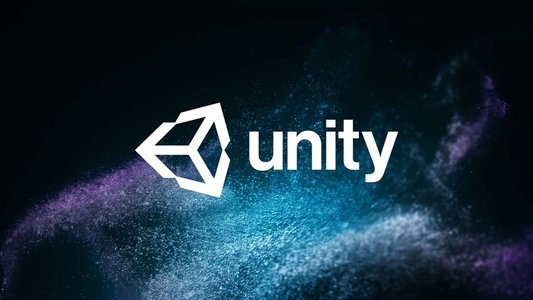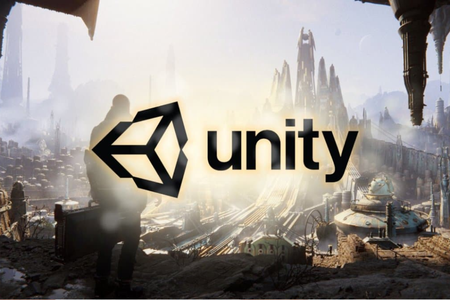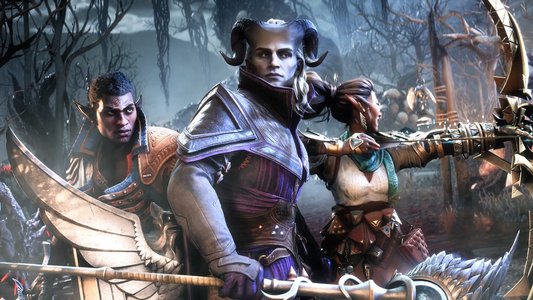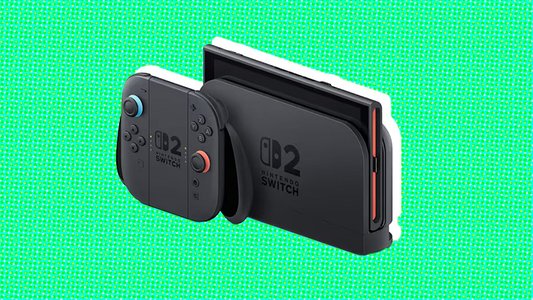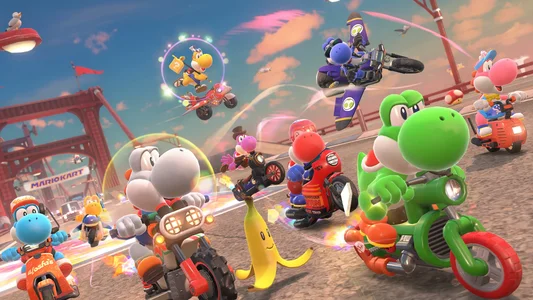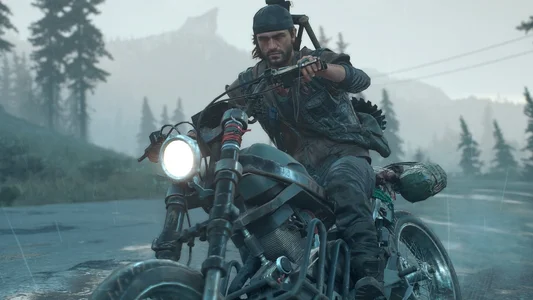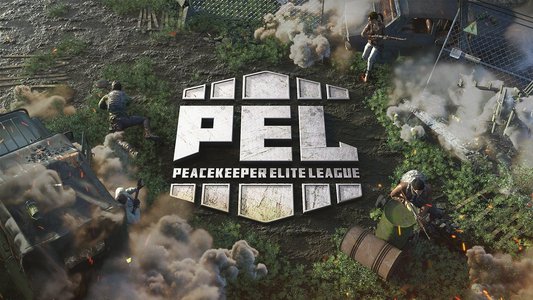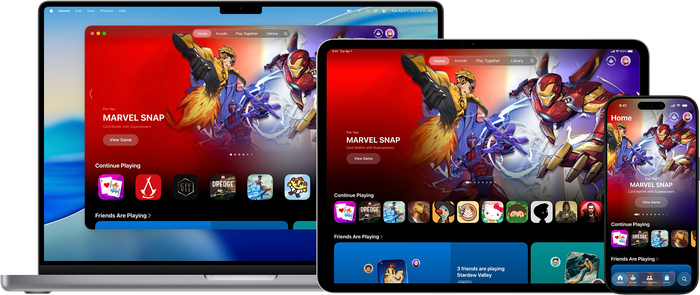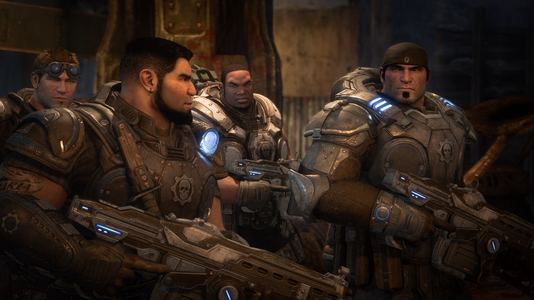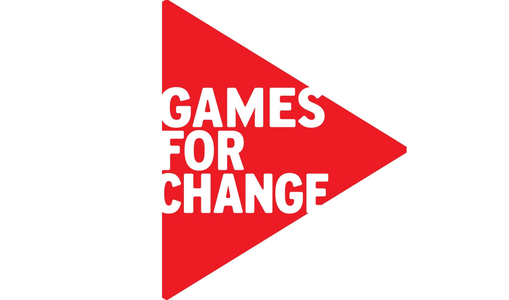Voice acting is crucially different from other art assets in game dev, either visual or audio, in that there's no such thing as "off the shelf" voices.
Every project has its own dialogue, and if a developer wants to add voice to their game, it's an individualized, bespoke project. If you're a solo or small-team game creator, voice acting may seem out of your reach—and your budget—but enthusiast, semi-pro, and freelance voice acting has flourished in much the same way indie game development has.
Now, getting great voice acting in your game is often simply a matter of learning how to connect with freelance artists who are within your means.
Ashe Thurman (of Austin-based one-woman development studio Pixels and Pins) has experience on both sides of the mic, as a freelance voice actor and game developer of original English-language visual novels (OELVNs).
Here, she takes time out from development of her upcoming game, The D (Stands for Demon), and talks with Gamasutra about what she's learned from her own experiences commissioning enthusiast and freelance voice talent -- and how you might apply those learnings to your own small-team or solo-developed games.
Questions and answers have been edited for brevity and clarity.
The best way to give your characters a voice
When and why should a solo or small-team game creator go with voice acting over simple text?
Thurman: Any game can benefit from voice acting. It helps us connect to characters and can make settings feel more dynamic. Though, obviously, this applies to certain genres more than others. Narrative-heavy games (like visual novels and RPGs) definitely see a bigger boon in including voice acting over, say, a platformer or FPS. But it's not a sort of linchpin element. We've all played games without a lick of voice work, and enjoyed them just the same. It's also important to note that bad voice acting can ruin a game.
"The implementation of voice acting doesn't have to be an all-or-nothing approach."
The implementation of voice acting doesn't have to be an all-or-nothing approach. The voices should enhance—not get in the way of—the gameplay, and there's not really a one-size-fits-all answer to that. Play games in the genre you're working in that have voicework and see what people do, see what sounds right to you.
For puzzle or strategy-based games, having voiced cutscenes and unvoiced gameplay sounds fine. It's an easy way to break those portions of a game apart. In a more action-heavy game, having voiced cutscenes but not including voiced efforts during gameplay can sound strange and inorganic -- you're better off just having in-game voice efforts and carrying them into the cutscene. With visual novels (my developmental metier), it's not so easy to break up "gameplay" because it's just the same thing throughout the whole game. If you want to shoot for partial voice in those scenarios, you have to break it down thematically; a voiced scene in an otherwise unvoiced game is going to carry more narrative weight than other scenes.
As long as you maintain internal consistency and it doesn't feel "weird," you don't have to abide by some hard and fast rule. In my game The D (Stands for Demon), for example, I chose to use emotional barks, but only from the main love interests, and have certain pivotal narrative scenes between the female leads fully voiced. However, I was willing to pull the full voice acting scenes if they didn't work. It played well in the demo, so they're staying in. My first narrative game Amaranth was fully voiced. Despite it being a short game, it was an incredible amount of work. That's part of the reason I scaled back for The D.
<iframe title="Embedded content" src="https://giphy.com/embed/ipxMUNSj1pfoaPcPaA" height="100%px" width="100%" data-testid="iframe" loading="lazy" scrolling="auto"></iframe>Pixels and Pins' The D (Stands for Demon)
When to go the extra mile for voice work comes down to if the team can physically do it, and do it well. Including voice acting comes with casting actors, directing, line editing, voice implementation, and about a thousand other little nitpicky things you don't even think about until you're already knee deep in it. It is a gigantic amount of extra work. A lot of pro developers outsource it. There are entire studios and companies specifically centered around casting and recording for video games. That's how big of a task it can get.
You're only really ready for the undertaking if you have or can bring in someone (or multiple someones) that will be able to provide that combination of hard and soft skills, and you have the time in your development cycle to not half-ass it.
Something else super important to consider beyond just capability is budget. You and your team may be working "for free," so to speak, but you've gotta pay your voice actors if you're planning on putting out a paid product. If the money's not there, the money's not there.
How do you budget for voice acting?
Budget early, cast late. In theory, voice actors are some of the last people you should be bringing in, but by the nature of voice acting, you're generally going to be paying them upfront in lump sums. You have to make sure you have room for that in your budget from the very start. And if you're budget's going to inform how much voice acting you can actually hire, you'll have to make sure that's accounted for in your game design.
"Budget early, cast late."
Pro studios might offer between $200-300 per hour for a 1-2 hour minimum session, and it's not unreasonable to expect to be paid between $500-$700 as a main character in a fully voiced, full length visual novel.
At the indie scale, per line or even per word is the most common break down. [It's difficult] to put a hard number on it, but to give an idea I've done commercial work for $5 per 100 words. But that is the absolute lowest I'm willing to go, and that was only as part of a bigger project where the final payment was much higher.
Talk to fellow indie devs. DM a couple friendly looking VAs on twitter, explain what you're researching, and politely ask what their personal per word rates are. Things like Fiverr and People Per Hour, despite their downfalls, can at least give you an idea of what actors are willing to come to the table for.
How do you communicate to potential players that voice acting is a big selling point?
Even in the OELVN market, you're going to have a hard time framing voice acting in and of itself as anything beyond just a neat feature. There are a lot of visual novel players, for example, who just turn off voices. Demos and trailers are gonna be spiffier sounding with voice acting, and the game will feel more professional, which will get more people interested, but that's more of a subconscious thing.
The way you want to use voice acting from a marketing standpoint, is as more of a hype machine. Your voice actors are going to promote the heck out of games they're in if you give them something to be excited about "Oh look at my character in this! She's so cute!" Casting announcements generate buzz. "Ohh! Who's gonna play the villain!? What are they gonna sound like!?" Then you're going to have the fans of specific voice actors who look into a game just because that voice actor is in it.
Then you're sort of looking at more of a long term marketing scheme. Having a voice creates a deeper connection to a character. That connection turns to devotion, accelerated, possibly, by that voice's pre-existing fandom. Devotion turns to obsession, and suddenly it's the only thing Tumblr's talking about. So it's not so much a matter of "hey this game is fully voiced" as it is "hey this game stars John Johnson as a green pigeon. Come listen to him make cooing sounds for ten hours."
Finding the right cast for your game
How do you go about finding voice actors as a solo game creator?
There're are a handful of professional casting options, generally for a price you're not going to be able to afford. But, yeah, if you're new to casting and don't have a pool to choose from you're going to be doing a lot of just hoping and waiting. Finding voice actors on your own is a bit like fishing. Your project's the bait, and you throw it out there to see who takes a nibble.
Social media and word of mouth is your friend, in this regard. If a voice actor sees a neat project, they'll drop it in every discord server and group chat they have. They'll pass it on to their friends. Hopefully you've already got some kind of presence on Twitter, Tumblr, or Facebook, so posting a link to that casting call as a pdf or Google Doc is a good place to start.
You also want to go to the places where the voice actors are. The big three, so to speak, are voiceactingclub.com, Casting Call Club, and the casting call section of Behind the Voice Actors. They've all got their pros and cons, but these are all places a lot of really talented voice actors go to find projects that are hiring. There are a couple other sites like Newgrounds and Lemmasoft that have casting call areas, but I haven't found them particularly useful in recent years.
How do you write a solicitation for pitches?
[Unless] you have the budget to pay for someone else to cast (which, let's be real, you probably don't), you're gonna need to be ready to sell the potential of your project. [Likewise,] I've seen a developer just post "VAs send me your demo reels, I'm casting for a thing," but I don't find that a particularly effective method. You have to have a big
No tags.








